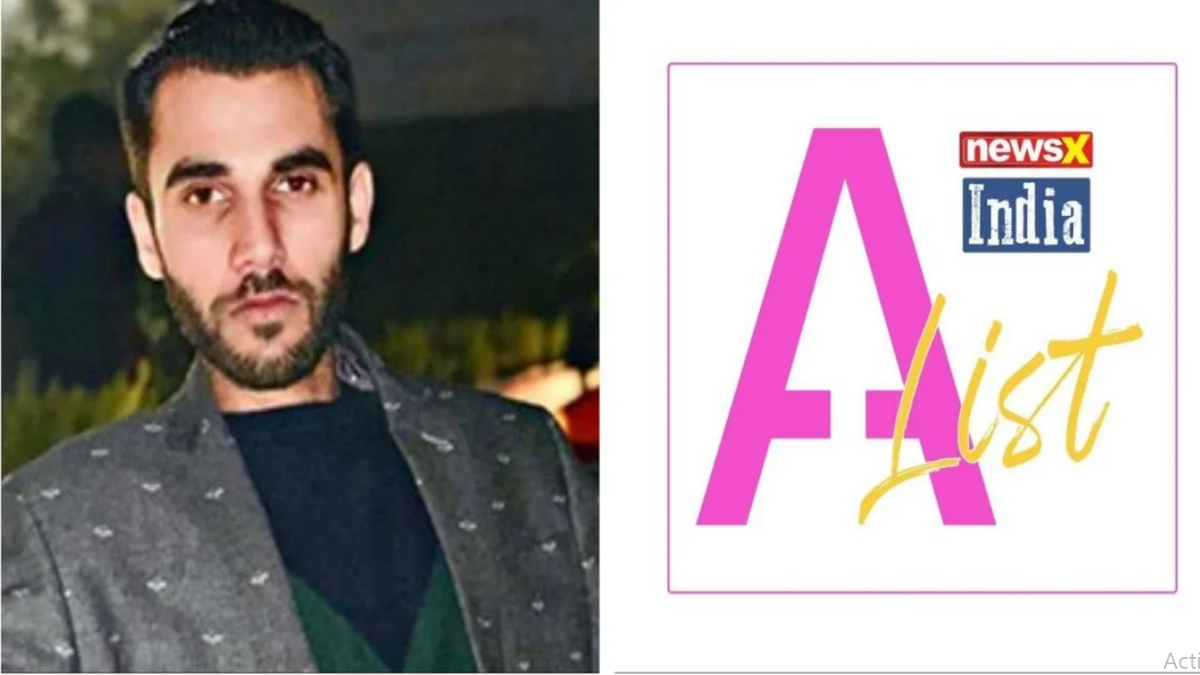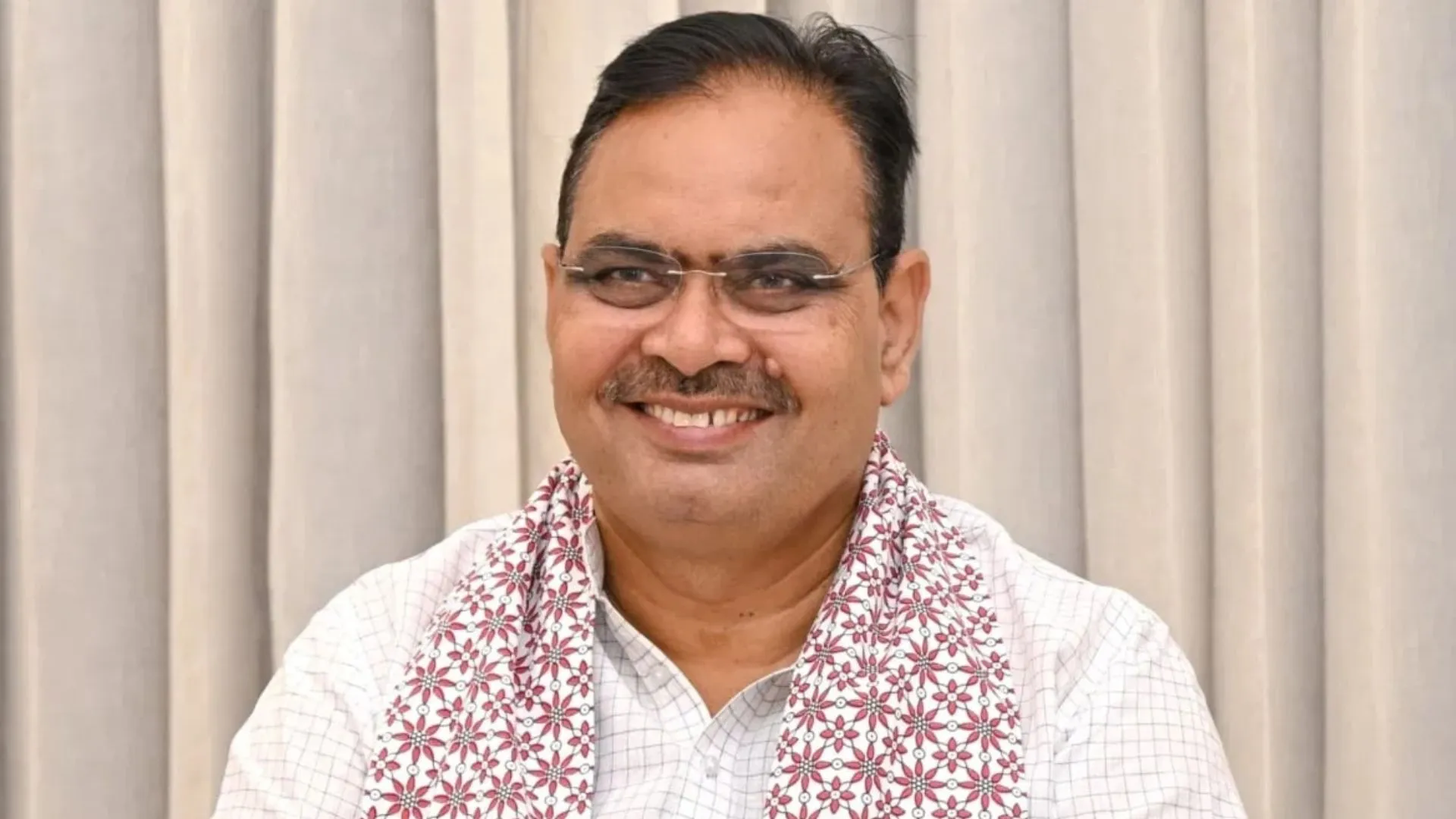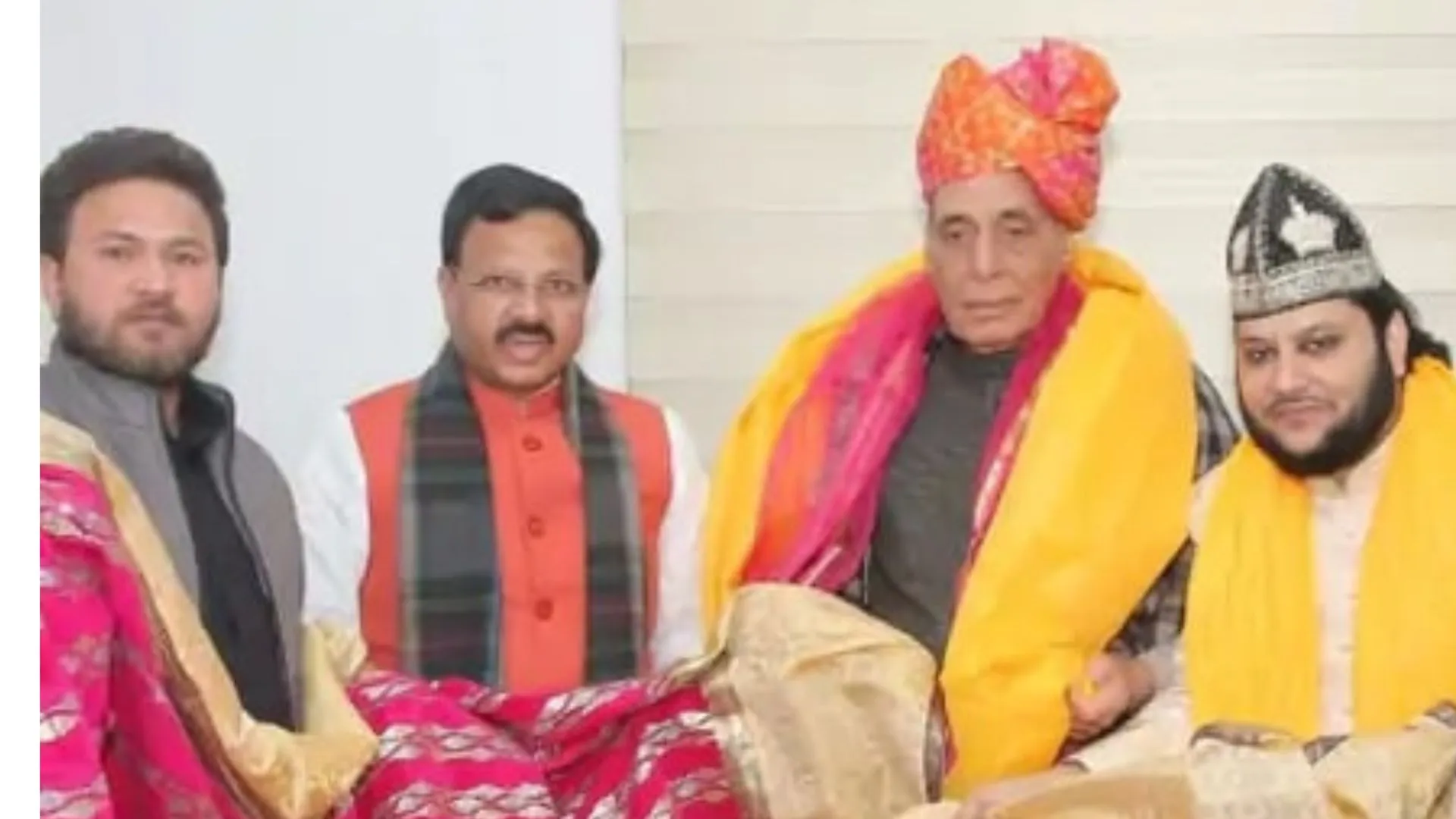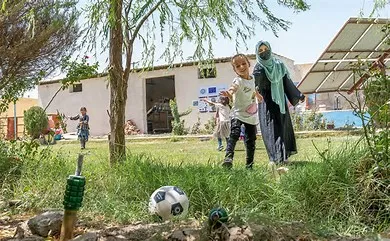At a time when the Covid-19 pandemic has hit every industry in the country, we spoke to Adel Singh, the Group CEO of Datar Security Services Group, on how to run a business successfully without compromising the well-being of employees. Talking about coronavirus and the impact of the unprecedented lockdown on the manpower industry, he says, “No country, no economy, no businesses were prepared for this pandemic. Coming to the manpower industry, as most of my clients are from the public sector and government sector, we were tense because when an economy goes into crisis, your payments get stuck.”
Singh continues, “So the banks had moratoriums coming in and the clients were also pushing us for cost-cutting but it was a tough decision we had to make. We had to restructure our SOPs. Our management was given two weeks but we had to restructure our SOPs and sales strategies and service lines, think about diversifying because it was the need of the moment. Second, coming back to security and manpower, I just wanted to be consistent. I did not want any layoffs, I focused on the retention of my business. So it has been a challenging part but we have sailed through with prime colours and hopefully, we should continue.”
Singh also had a piece of advice for business leaders on how involved they should be in ensuring a healthy work environment for their employees. Talking about the role of the CEO in the well-being and mental health of the employees, he says, “A leader has to be with his force. I am not talking about management having a round table conference with four top people. I think it is going down to deep levels, standing with your workforce. For example, I have clients who are government hospitals. Initially, for the first month, we just procured all the PPE equipment and sent it to our ground forces because they work for hand in glove with the police departments. After a while I realised that I cannot motivate my manpower sitting at home who are standing 24×7 in hospitals, doing Covid work and are right at the frontline working with the paramedical staff. I took a decision and told by management to increase the morale of our people who are on the ground and we decided to go to the ground. I was personally going for site audits.” Singh informs how in the past month, he has been to Gujarat, J&K and has covered almost 4,000 km. “From a CEO point of view, it is a very critical time and it has been difficult for us because it has changed our work and personal lives. So it was very important that in the starting month, I was in touch with all my management people. I was constantly giving them work, taking updates because I did not want anyone to be free.”
Talking about how he dealt with the economic challenge of the lockdown, he says, “We had no layoffs and I instructed my management to support our people. From the people at the ground to the management, we had to give them back what they gave us. This was the 2 or 3 months where I had to give them back.”
Singh also spoke about his personal journey and what led him to take over the reins of the DSSG group. “My father was in the armed forces, he was a Colonel in the Army and a Shaurya Chakra awardee. Back in 2004, he left the army and he started this organisation. So he started with the first contract of 100 people, scaling it up to 5,000 people until the point I joined. I was 16 years old when my father started this organisation. Seeing his entrepreneurship, hard work and seeing how he is giving his whole sole heart to the work, I was really inspired and I took him as my role model,” he says.
Singh also spoke of his journey from a college dropout to a Group CEO. “I joined the Delhi University, I joined VCACS and I was doing my BA programme. Then I realised that this wasn’t my cup of tea and my inheritance was business and finally my family would at some time ask me to join our business. At that point I joined IBM, I was in an MBA programme there. I could not complete my degree due to some reasons, but the knowledge I gained was not theoretical but practical. So I would say that from a CEO’s desk, whatever that you learn is from your mistakes. But you need to have a person who believes in you. In my organisation, the person who believed in me was my father. But it took me time to make him trust me in my decisions. When you start you always make mistakes. I will not say that a person is successful without making mistakes. I have failed an ample amount of times but consistency is the key. If you fail, you have to get up.”






















